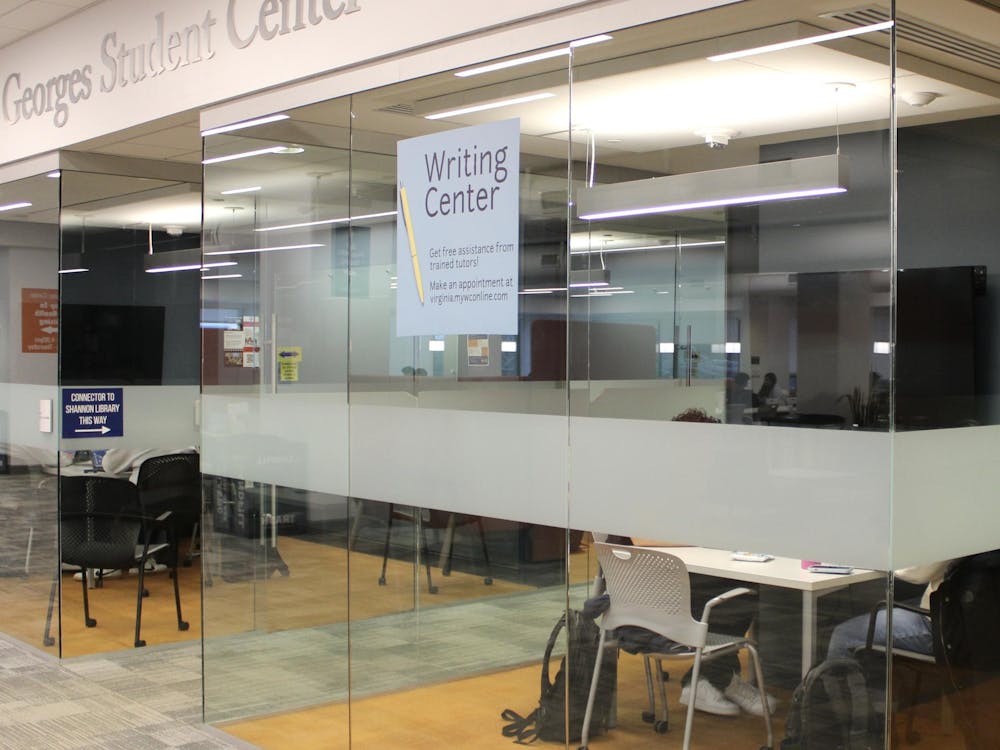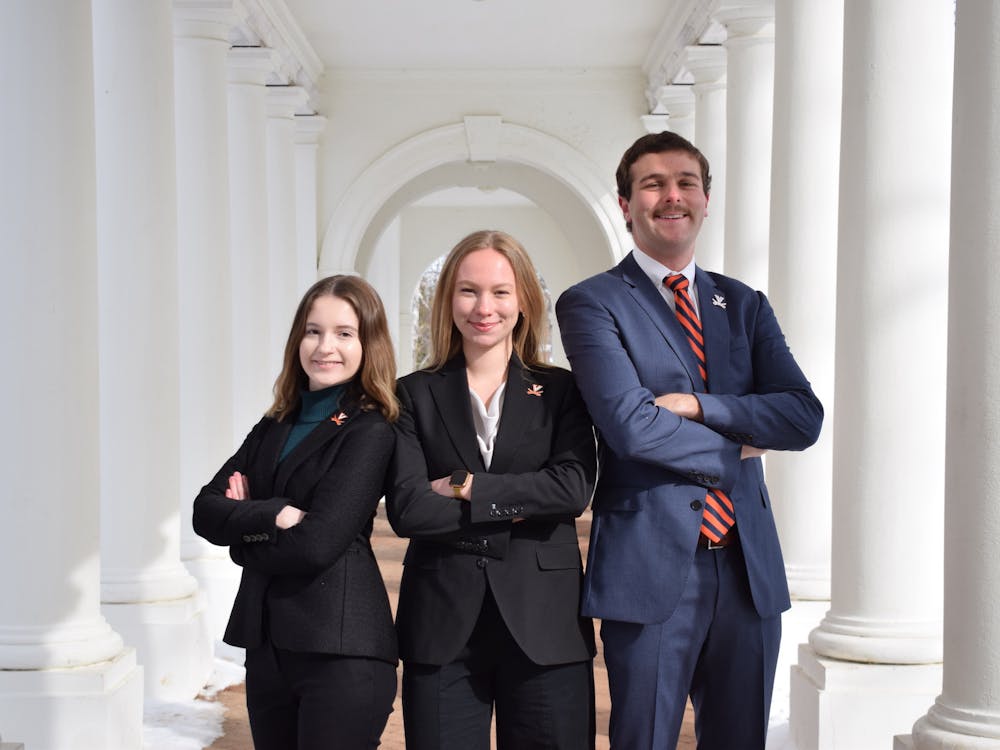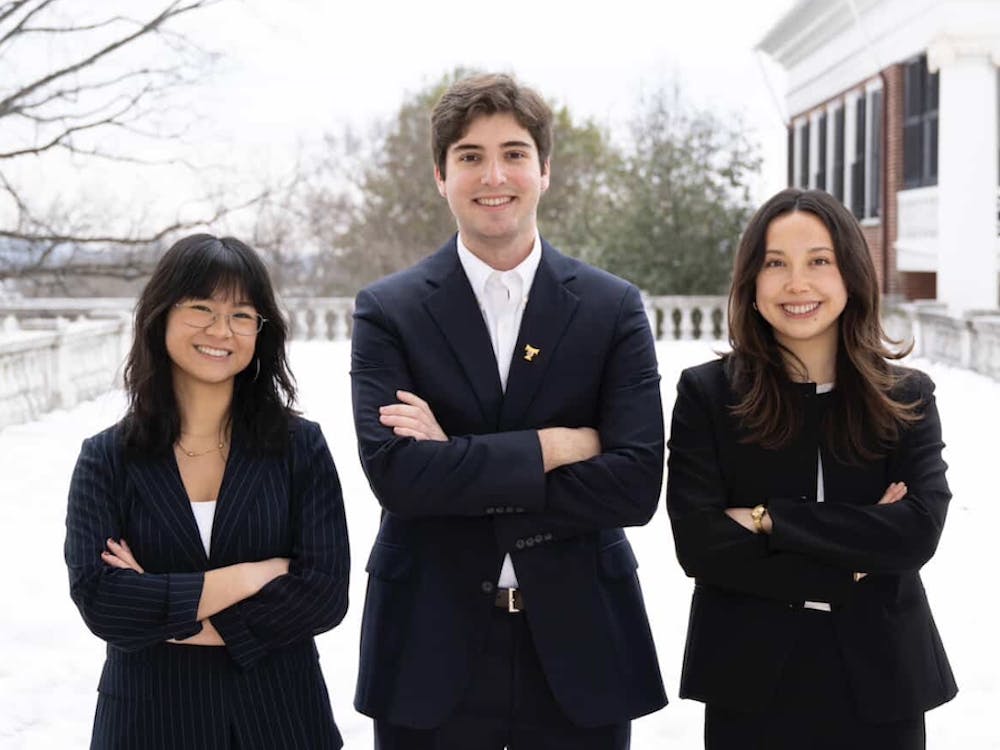The Law School's Innocence Project Clinic, an organization which investigates wrongful conviction cases in Virginia, is working to exonerate Bennett Barbour, a Williamsburg man convicted in 1978 of raping a College of William & Mary student. The Clinic's efforts are based on a DNA analysis originally ordered by former Gov. Mark Warner and released last month.
The newly-released test results could exonerate Barbour, as they indicate the attacker's DNA, taken from the victim's clothing, does not match Barbour's. The results instead match the DNA of a convicted sex offender. The commonwealth has not revealed the man's identity.
Barbour was convicted of rape based on the victim's memory-based identification of him. Barbour did not match the victim's previous physical description of her rapist, according to a University statement released Monday. Barbour also had an alibi supported by several witnesses but was ultimately sentenced to 18 years in prison. Barbour was paroled after serving five years.
Matthew Engle, legal director of the Innocence Project Clinic, said the Clinic chose to pursue Barbour's case in part thanks to the already existing evidence in favor of his innocence.
"Bennett Barbour's case was an easy call," Engle said. "The DNA positively proves his innocence, and he is eligible to file a Petition for Writ of Actual Innocence."
Warner implemented an executive order for the retesting of DNA in older cases during his term as governor, and the Virginia state lab has been conducting DNA tests since. Of the re-investigated cases, Engle said there were at least 70 instances of DNA evidence which did not






